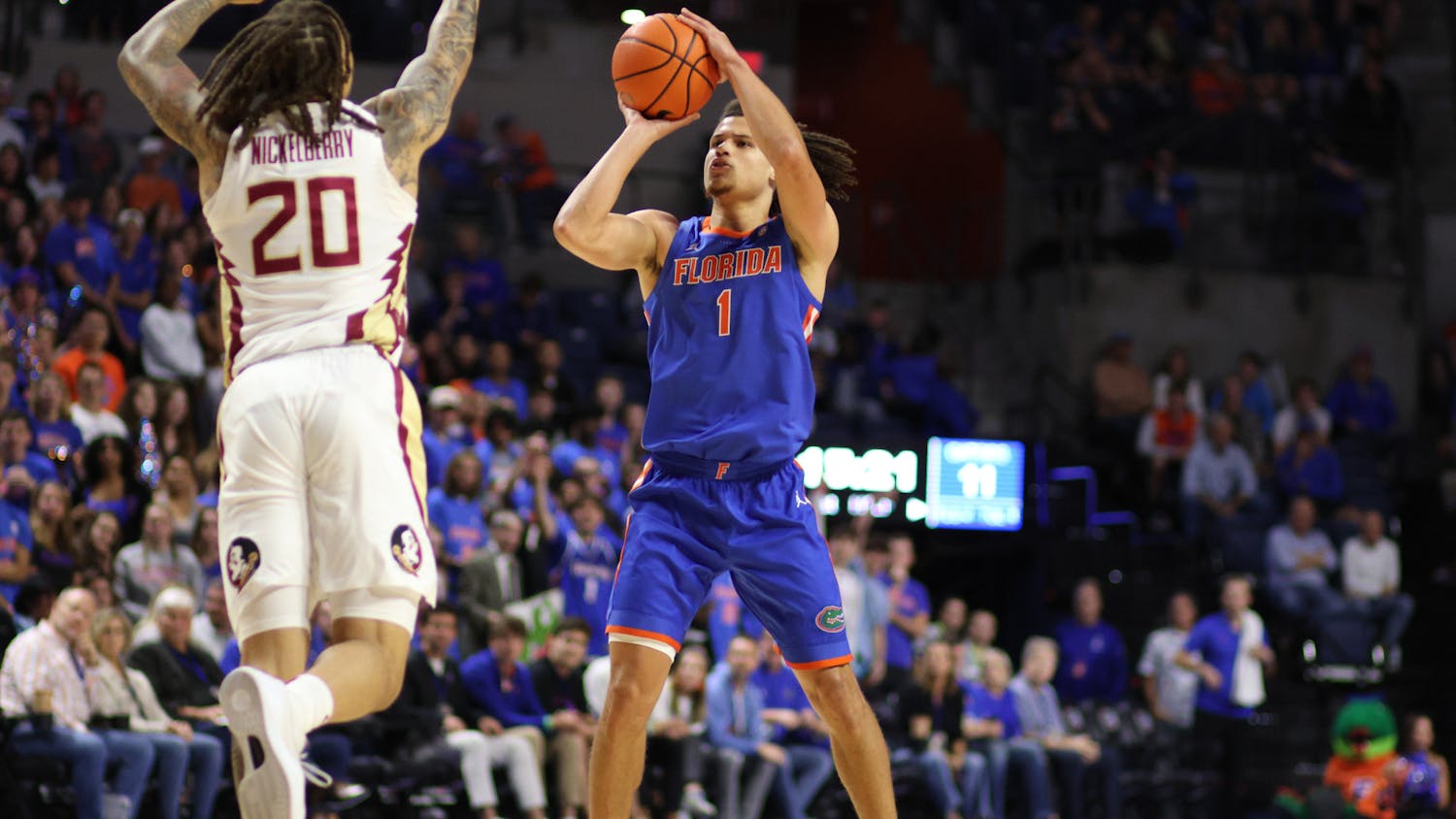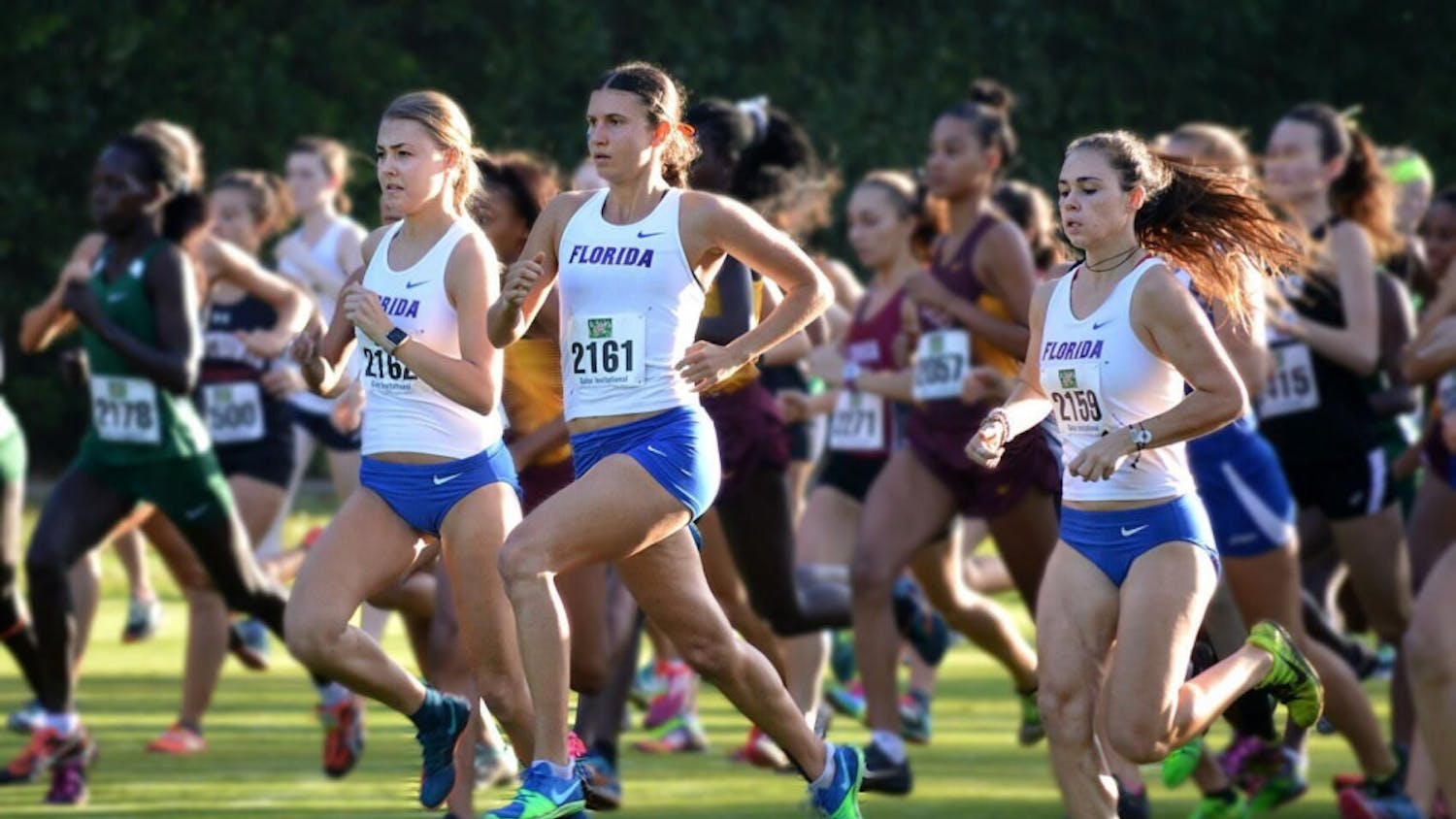Professors at UF tend to be more liberal on paper but more moderate and unbiased in practice, according to an analysis of campaign contributions.
A look at the Federal Election Commission’s records of UF professors since 2015 reveals that those employed by universities and who donate to presidential candidate campaigns tend to be more liberal.
However, only 14 of the thousands of professors employed by the university were reported to have donated to a presidential candidate’s campaign directly. This excludes those who donated to political action committees, such as Emily’s List, which bundles money and sends contributions to various places, including House and Senate campaigns.
Of those professors, eight donated to Clinton’s campaign, four to Sanders’, one to Rubio’s and one to Carson’s.
Hearing that 14 professors had donated to a presidential campaign struck Professor Stephen Craig as a low number.
The 67-year-old UF political science professor embarking on his 38th year at UF guessed that the reason these 14 had donated in the first place was “because they make more than the rest of us.”
He was not surprised, however, at the number of law professors who had donated to Democratic candidates, saying he was sure the level of interest in politics is higher with lawyers.
Professor Craig said he does not contribute to campaign funds anymore. He said he aims to maintain a neutral stance inside and out of the classroom and takes pride in the fact that students still come to him and say they’ve been debating his political party affiliation.
“Any sort of political advocacy… would undermine that bipartisan stance that I’ve worked so hard to take,” Craig said. “Money has corrupted the [political] process to the point where I don’t want to be a part of that.”
Another political science professor, David Hedge, 65, tends not to donate to campaigns himself because he said, “They raise so much money on their own they tend not to need mine.”
Professor Hedge was not surprised by the Federal Election Commission data because it mostly aligned with what he thought the politically active professors would donate.
“The higher your income, the more you’re able to contribute,” he said.
While Hedge recognized that many professors lean left, he said most try not to speak about their political views. The reason he lets his students know what he is from the start, a progressive Democrat, is so it doesn’t sneak up on them, he said.
He tries not to let his political tendencies affect his teaching, however.
“You have to be objective, or nobody’s going to believe you,” he said.
Nicole Malec, a 27-year-old UF political science and international studies alumna, has experienced professors who’ve been biased in their teaching, that is, before she came to UF. “Their biases were so strong it was unbelievable,” Malec said of her past professors.
When she got to UF, she said she noticed a huge difference, and bias wasn’t a problem.
Malec guessed many of her UF professors were moderate Democrats and felt it reasonable for them to contribute to campaigns, as they understand the political system. There’s nothing wrong with a professor letting his students know what side he’s on, she said.
Malec said a lot of professors at UF probably think of themselves in the way that her past political science professor Benjamin Smith does.
“I’m not a politician; I study them,” she paraphrased from one of his lectures.





